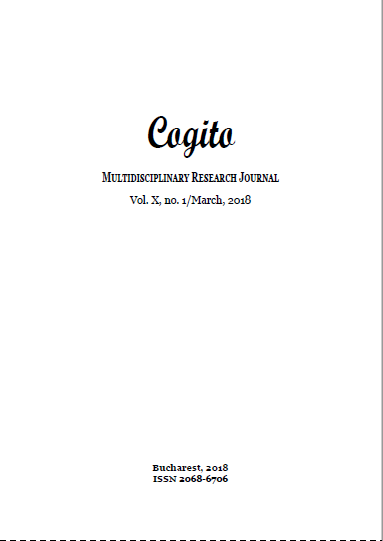FROM COMMUNITY TO SOCIETY AND THE FUNDAMENTS OF COOPERATION
FROM COMMUNITY TO SOCIETY AND THE FUNDAMENTS OF COOPERATION
Author(s): Lucia Ovidia VrejaSubject(s): Social Philosophy, Social history, Social development
Published by: Editura Pro Universitaria
Keywords: community; society; mechanic solidarity; organic solidarity; cognition; culture; cooperation; ultrasociality;
Summary/Abstract: The analysis of the transition from community (Gemeinschaft) to society (Gesellschaft) and from mechanical solidarity, based on a similarity of goals, to organic solidarity, based on an advanced specialization and diversification of goals and division of labour, constitute an important step in identifying and understanding the factors that led to social change. Although various studies focus on a wide variety of sources of social change, among which the cultural, environmental and political factors are frequently mentioned, the most important determinants of human evolution are the so-called “three C’s”, namely cognition, culture and cooperation. Together, the three C’s facilitated the “great leap forward”, meaning the transition from small communities of the past to vast societies of today, although the really fundamental source of social change was cooperation. Cooperation, understood as the capacity of human beings to solve the problems of survival and reproduction by sharing both the costs and benefits of working together for achieving common goals, made possible both the increase of cognitive competences and emergence of a highly complex culture or survival tool kit.
Journal: Cogito - Multidisciplinary research Journal
- Issue Year: 2018
- Issue No: 1
- Page Range: 79-87
- Page Count: 9
- Language: English

